“EFL Teachers don´t stop to Teach Pronunciation”: an interpretation of Learner Beliefs on Pronunciation Learning at an English Teacher Preparation Programme
Resumen
There is little information about learner beliefs concerning pronunciation (henceforth PR) in FL (foreign language) learning contexts (Toyama, 2015), even more so in specific environments such as teacher preparation programs. Ellis (2008) suggests the need for teachers to find out about learners´ beliefs, to become aware of and evaluate them, as beliefs influence the actions undertaken by students. In the present study, first-year students were asked to write personal narratives regarding their journey through the subject “English Phonetics & Phonology I”. Data were approached using the narrative methodology. Findings entail the novelty implied in PR-related matters (mainly phonetic transcription) and the shortness of the academic term as major learning obstacles. Rehabilitation of fossilized pronunciations, a recurrent topic in most stories, was viewed as a positive issue of PR learning by participants. The likely connection between these findings and the fact that PR teaching is overlooked in several EFL courses around the world (Gilbert, 2010) is discussed. Finally, a course of action is suggested to attempt to revert the marginalized situation of PR in the ELT field as a long-term goal. The aim of the paper is to find out about learners´ beliefs regarding PR learning by interpreting students´ personal narratives.
Palabras clave
Texto completo:
PDF (English)Referencias
ACTON, W. (1984). Changing Fossilized Pronunciation, TESOL Quarterly, 18 (1), 71-85. doi: 10.2307/3586336
BARCELOS, A. (2003). Researching beliefs about SLA: a critical review, in Kalaja, P. & Barcelos, A. (Eds.) Beliefs about SLA: new research approaches, (pp. 7-33), the Netherlands: Kluwer Academic Publishers.
BARKHUIZEN, G. (1998). Discovering learners´ perceptions of ESL classroom teaching/learning activities in a South African context, TESOL Quarterly, 32 (1), 85-108. doi: 10.2307/3587903
BARKHUIZEN, G., BENSON, P. & CHIK, A. (2013). Narrative Enquiry in Language Teaching and Learning Research, New York: Routledge.
BAYLEY, K. (1991). Diary studies of classroom language learning: the doubting game and the believing game, in Sadtono, E (Ed.) Language acquisition and the second/foreign language classroom, (pp. 60-102), Singapore, SEAMEO Regional Language Center, Anthology Series 28. Retrieved from https://eric.ed.gov/
BURRI, M., & BAKER, A. (2020). A big influence on my teaching career and my life: a longitudinal study of learning to teach English Pronunciation, TESL-EJ, 23 (4), 2-25. doi: 10.14221/ajte.2015v40n10.5
CHASE, S. (2015). Investigación Narrativa: multiplicidad de enfoques, perspectivas y voces, in L. Denzin & Y. Lincoln, (Eds.) Método de Recolección y Análisis de datos. (pp. 58-112) Madrid: Gedisa
CHIEN, C. (2014). Non-native Pre-service English Teachers´ Narratives about their Pronunciation Learning and Implications for Pronunciation Training, International Journal of Applied Linguistics & English Literature, 3 (4), 177-189. doi: 10.7575/aiac.ijalel.v.3n.4p.177
DENG, J., HOLTBY, A. & HOWDEN-WEAVER, L (2009). English Pronunciation Research: the neglected orphan of SLA studies?, 2009 PCERII Working Paper Series, 1-14. https://www.semanticscholar.org/paper/English-Pronunciation-Research%3A-The-Neglected-of-Deng-Holtby/bfb9ae0a1434b55166ab781c4cdded79451e2e6a
DERWING, T. & Munro, M. Once you´ve been speaking a second language for years, it´s too late to change your pronunciation, in L. Grant (Ed.). (2014). Pronunciation Myths, (pp. 34-55) Ann Arbor, Michigan: University of Michigan Press.
ELLIS, R. (2008). Learner Beliefs and Language Learning, Asian EFL Journal, 10 (4), 7-25. https://www.asian-efl-journal.com/main-journals/learner-beliefs-and-language-learning/
GILBERT, J. (2010) Pronunciation as orphan: what can be done, IATEFL, Pronunciation Special Interest Group Newsletter., 1-5. https://www.tesol.org/docs/default-source/new-resource-library/pronunciation-as-orphan-what-we-can-do-about-it-.pdf?sfvrsn=0
HORWITZ, E. (1985). Using student beliefs about language learning and teaching in the foreign language methods course, Foreign Language Annals, 18 (4), 333-340. doi: 10.1111/j.1944-9720.1985.tb01811.x
HORWITZ, E. (1988). The beliefs about language learning of beginning university foreign language students, The Modern Language Journal 72, 283-294. doi: 10.2307/327506
HORWITZ, E. (1999). Cultural and situational influences on foreign language learners´ beliefs about language learning: a review of BALLI studies, System 27 (4), 557-576. doi: 10.1016/S0346-251X(99)00050-0
KALAJAS, P., BARCELOS, A., & ARO, M. (2017). Revisiting research on L2 learner beliefs: looking back and looking forward, in P. Garret & J. Cots, (Eds.) Routledge handbook of language awareness (pp. 222-237), New York: Routledge.
KELLY, G. (2001). How to teach pronunciation, Harlow: Pearson.
MERCER, S. (2011). The beliefs of two expert EFL learners, Language Learning Journal 39 (1), 57-74. doi:10.1080/09571736.2010.521571
MURPHY, J. (1997). Phonology courses offered by MATESOL Programs in the US, TESOL Quarterly, 31 (4), 741-764. doi: 10.2307/3587758
MURPHY, J. (2014). ESL Teachers are ready to Teach Pronunciation, in L. Grant (Ed.) Pronunciation Myths, (pp. 137-159) Ann Arbor, Michigan: University of Michigan Press.
MURPHY, J. (2018). Teacher training in the teaching of pronunciation, in O. Kang, R. I Thompson & J.M. Murphy (Eds.) The Routledge Handbook of Second language Pronunciation, (pp. 298-319), UK: Routledge.
OXFORD, R. (1995). When emotion meets (meta)-cognition in language learning histories, International Journal of Educational Research, 23 (7), 581-594. doi: 10.1016/0883-0355(96)80438-1
ROTTI, A., & BARBEITO, M. (2013). El aprendizaje y la enseñanza de la pronunciación: Creencias de docentes de inglés en formación, Resúmenes de las III Jornadas Internacionales de Fonética y Fonología 2013, Universidad CAECE, Mar del Plata. http://iiijornadasfyf.ucaecemdp.edu.ar/archivos/Resumenes_CV_jornadasfyf.pdf, 8.
TOYAMA, M. (2015). Japanese EFL learners´ beliefs about Pronunciation Learning and their Pronunciation Skills, Language and Culture 27, 92-114. https://www.researchgate.net/publication/318284110_Japanese_EFL_Learners'_Beliefs_about_Pronunciation_Learning_and_their_Pronunciation_Skills
Enlaces refback
- No hay ningún enlace refback.
Copyright (c) 2022 María Laura Sordelli

Este obra está bajo una licencia de Creative Commons Reconocimiento-NoComercial-CompartirIgual 4.0 Internacional.
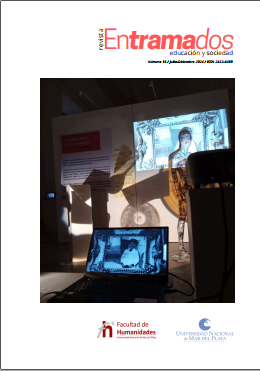 |
Facultad de Humanidades - Universidad Nacional de Mar del Plata. Correo electrónico: revista.entramados@gmail.com Web: http://fh.mdp.edu.ar/revistas/index.php/entramados ISSN 2422-6459 (Versión en línea) |
La Dirección no se responsabiliza por las opiniones vertidas en los artículos firmados. | |
| Indizada en: | |
 | Dialnet http://dialnet.unirioja.es/servlet/revista?codigo=23345 |
 | Google académico Link |
 | LatinRev http://flacso.org.ar/latinrev/revistas-adheridas/ |
 | MIAR http://miar.ub.edu/issn/2422-6459 |
 | Journals for Free http://www.journals4free.com/link.jsp?l=47274887 |
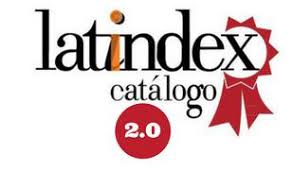 | Latindex http://www.latindex.unam.mx/latindex/ficha?folio=24584 |
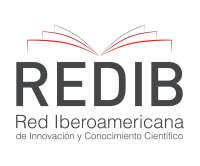 | RedIb https://www.redib.org/recursos/Record/oai_revista4640-revista-entramados-educaci%C3%B3n-sociedad |
 | LATINOAMERICANA. Asociación de revistas académicas de humanidades y ciencias sociales http://latinoamericanarevistas.org/?p=2476 |
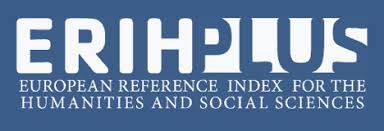 | ERIH PLUS https://kanalregister.hkdir.no/publiseringskanaler/erihplus/periodical/info.action?id=498944 |
 | LivRe. Revistas de livre acceso http://www.cnen.gov.br/centro-de-informacoes-nucleares/livre |
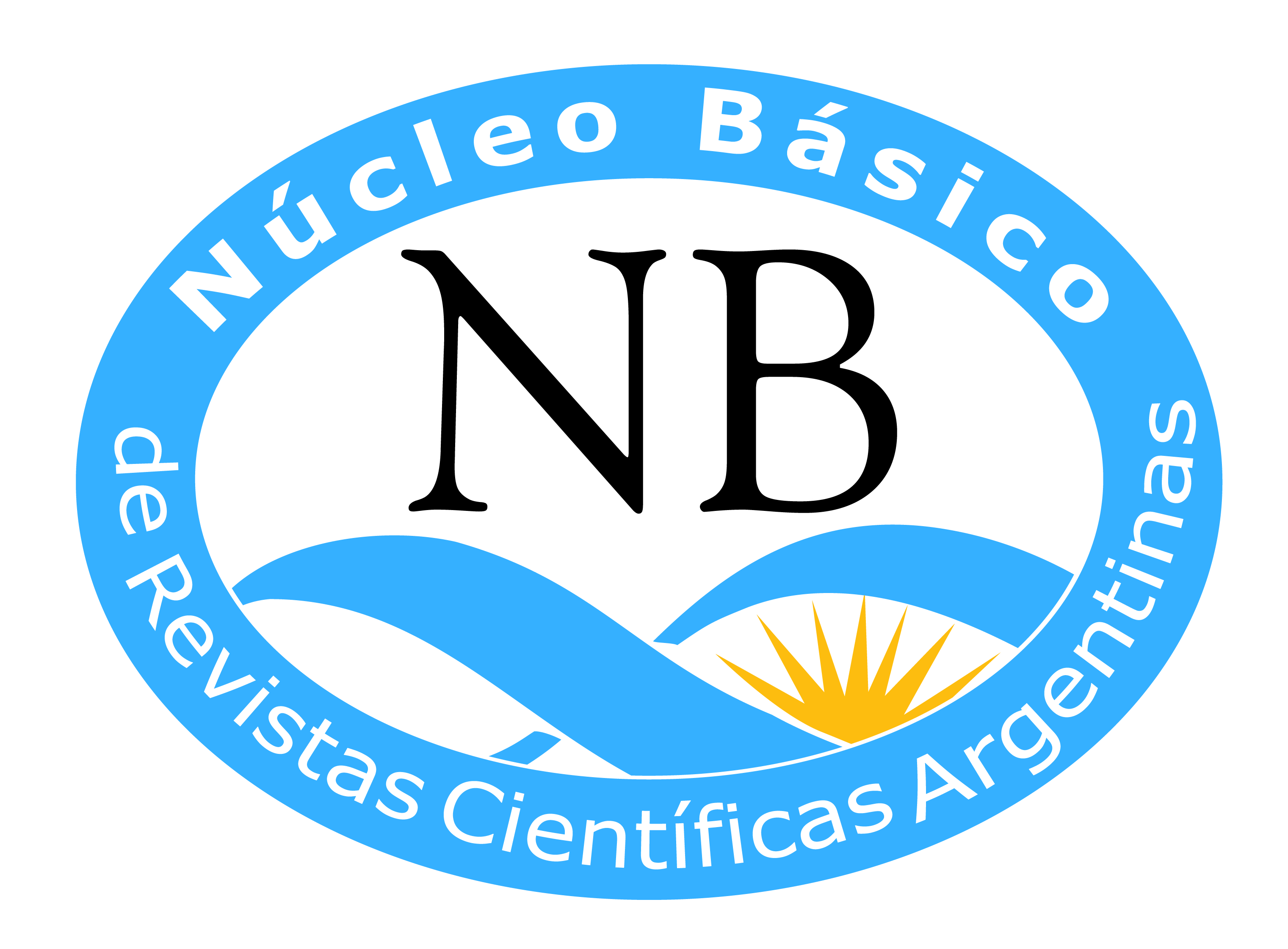 | Núcleo Básico de Revistas Científicas Argentinas http://www.caicyt-conicet.gov.ar/sitio/comunicacion-cientifica/nucleo-basico/revistas-integrantes/ |
 | DOAJ (Directory of Open Access Journals) Link |
 | Malena Link |
 | CIRC (Clasificación Integrada de Revistas Científicas) Link |
| Adherida a: | |
 | |
| Esta revista utiliza el Identificador persistente: | |
.png) | |

